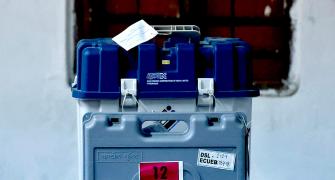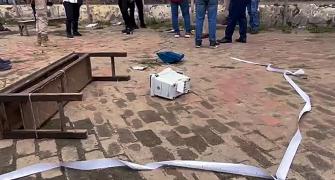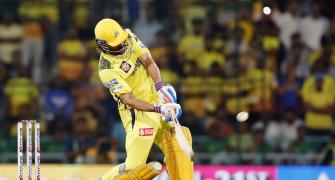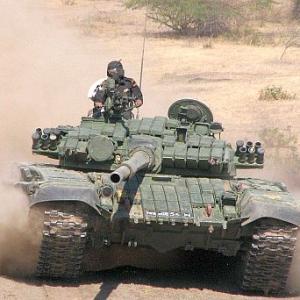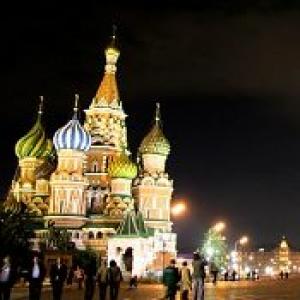The deeply traditional Indian Army, which prides itself on training outdoors with real equipment, could soon start training on simulators like other high-tech armies.
A hypothetical situation, not too far in the future: after yet another terrorist strike in India, an armoured combat group prepares to raid a terrorist camp near Sialkot, across the Jammu border.
Satellite images and photos of the camp taken the previous day by an agent are fed into a simulator, housed in a container next to the tanks. Each tank crew spends time on the simulator, virtually experiencing the next day's operation and rehearsing their individual tasks.
Tata Advanced Systems, partnering Canadian giant, CAE; is competing with Indian simulator developer, Zen Technologies, to provide India's T-72 and T-90 tank regiments with 80 containerised simulators that could be transported anywhere, including to a border launch pad. The MoD will soon announce the winner.
No plan survives contact with the enemy, it is said. But this one has run into problems with a friend! Russian officials have told Business Standard that the T-72 and T-90 are their tanks and nobody other than the Original Equipment Manufacturer could produce a simulator without infringing Intellectual Property Rights.
Viktor Komardin, the chief of Russian export controller, Rosoboronexport, pointed out that nobody had consulted Russia. Komardin said, "Is this legal? Is this ethical? Is this proper? If India wants a real simulator, it should be asked for from Russia itself. A quality simulator cannot be created without information from the designer on issues like ballistics and fire control computation."
Indian officials are either unaware of the Russian objection, or are choosing to ignore it. Komardin says no Indian official has approached Russia for a tank simulator, even though Russia has one available.
CAE, however, denies infringing Russian IPR. CAE India President, H J Kamath, told Business Standard, "No proprietary or OEM software or equipment is needed for the simulator. No original equipment has been used, nor do we need any data or source codes from Russia. Everything has been simulated."
Zen Technologies is equally emphatic. The company's president, Kishore Dutt Atluri, says, "We don't need any information from Russia. The physics of the T-72 and T-90 tanks are well known."
Interestingly, CAE is also engaged in developing a full-crew simulator for the Arjun tank, which is made by the Defence R&D Organisation, for which the Defence Research Development Organisation has given permission.
This conflict notwithstanding, simulator training is entering military consciousness. Long the primary method of training commercial pilots -- because of the enormous cost of flying empty airliners on training sorties -- the logic of cost-effectiveness is now overwhelming the army's traditional preference for live training. The cost of running a tank column (11 litres per kilometre of diesel, plus maintenance and depreciation) is exorbitant compared to the cost of running a simulator.
"Militaries worldwide realise that simulator training is one-tenth the cost of live training on heavy equipment", says Martin Gagne, CAE's military simulation head. "Besides, the new buzzword is "mission rehearsal". Training is not just about flying an aircraft or driving a tank but about preparing for an actual mission."
Besides the large order for tank simulators, which would install simulation training centres in every major tank base, Hindustan Aeronautics Limited and CAE will commission, by mid-2010, a Helicopter Academy to Train by Simulation of Flying, in Bangalore. This facility will allow the switching around of various cockpits, including the Bell 412, the military Dhruv, and the Dauphin.
And Lockheed Martin will provide the six C-130J Super Hercules transport aircraft that India has bought along with flight simulators.
A visit to one of the many simulators on display at Defexpo 2010 in Delhi illustrates that the real challenge in simulator design is in creating a realistic environment. Says Zen's Atluri, "Recreating a tank or its gun controls is easy. Recreating an entire virtual world around it is the difficult part."
That is one reason why companies like Zen, which have provided gaming software to companies like Sony, and have long experience in satisfying demanding young video-game enthusiasts, are now making it big in military simulation.



